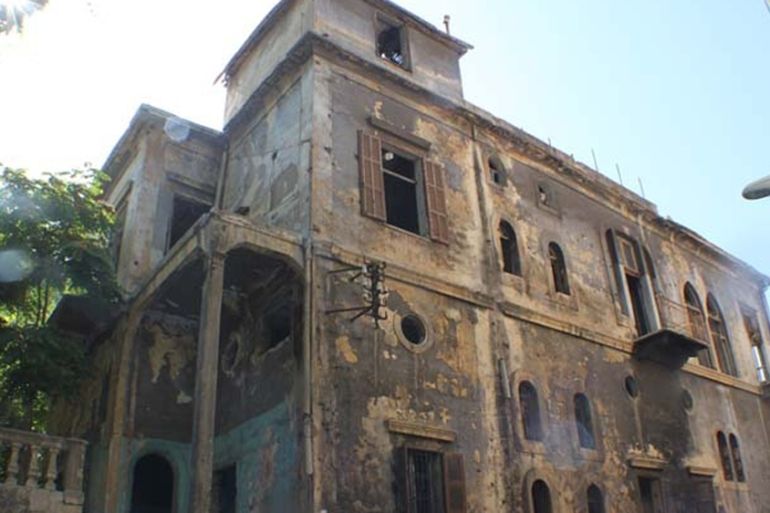Lebanon activists cite win for heritage preservation
Draft law would approve protections aimed at ensuring Lebanon does not become ‘a country without memory’.

Lebanon’s heritage has received a significant boost as the government approved a new protection law this week.
The draft law was handed over to parliament on Thursday, and heritage activists say they will now focus on lobbying MPs to ensure the proposed protections are put in place.
“The law protecting archaeological and heritage buildings … is a historic step,” Culture Minister Ghattas Khoury said. “From now on, no heritage buildings will be removed to be replaced by skyscrapers.”
For years, Lebanese heritage activists have called for laws protecting buildings and sites of historical and cultural significance.

Beirut, in particular, has witnessed rampant overdevelopment, as elegant Ottoman and French Mandate-era villas – along with more ancient structures, including a Roman hippodrome – have been replaced by clashing modern developments.
Soon after the conclusion of Lebanon’s 1975-1990 civil war, a government survey counted approximately 2,000 buildings of cultural and historical significance in Beirut. The most recent study in 1997, conducted by the Directorate-General of Urban Planning, recorded just 572, with scores more estimated to have been razed since then.
“The heritage situation has become indecent,” architect Antoine Atallah, the vice president of Save Beirut Heritage, a pro-preservation NGO, told Al Jazeera. “It has really become a hot topic.”
Landowners wishing to construct developments on plots with heritage sites often lack the resources to preserve the historic structures as they build new ones; often, it is easier to knock everything down and build from scratch.
Under the draft law, a mechanism allows landowners to sell development rights to larger companies who have the resources to build developments while preserving sites of cultural significance. The landowner would still maintain rights to the land.
The road ahead
Before the new law is voted on, MPs will have a chance to inspect the draft and alter wording.
“We will need to … monitor how the text of the law will evolve to ensure no loopholes will be introduced into the text,” Atallah said, noting he remained optimistic about the prospects.
But preservation activist Mona el-Hallak sees a tough road ahead, “The law directly reflects on real estate, which is linked to development, which is linked to money, which is linked to corruption,” she told Al Jazeera.
In 2007, a similar bill was approved by cabinet, only to disappear and never be discussed in parliamentary sessions, el-Hallak said. Despite this, she cited a recent increase in support for heritage preservation.
“There is a general feeling among the youth that we are turning into a country without memory,” she said. “It’s going to be hard, but we will try.”